The Beauty & the Struggles of Parenting
“I know this is a horrible thing to say, but sometimes I just don’t find the joy in parenting.”
This is one of the most common confessions I hear in therapy. And if I’m being honest, it’s one of the most relatable. Parenting is beautiful, yes, but it’s also overwhelming, exhausting, and at times, isolating.
It often takes parents a long time to admit how hard it really feels. When they finally do, it usually sounds like this:
“I feel so overwhelmed and exhausted.”
“I’m overstimulated, touched out, and just done.”
“I feel like I’m failing.”
“I feel so guilty.”
As both a therapist and a mom, I get it. I validate, normalize, and often share my own struggles, too. But here’s what also comes through, even in the heaviness: “I love my kids so much it hurts.”
And that’s the paradox of parenting; deep love mixed with deep exhaustion. Our kids deserve our best, but sometimes, our best isn’t what we wish it could be. And that’s okay.
The “Should Haves” That Haunt Us
Parenting often feels like a never-ending list of shoulds:
I should breastfeed.
I should cook more organic meals.
I should play more, read more, be more patient.
I shouldn’t let them have so much screen time.
We know many of the answers, yet in the chaos of real life, knowing and doing feel miles apart. Why? Because we’re human.
Tools for Overcoming Parenting Guilt
1. Let Go of Perfection
We’ve never been perfect at being students, friends, or partners, so why do we expect perfection in parenting? Kids don’t need flawless parents. They need parents who are safe, consistent, and who repair after ruptures.
2. Understand Where Guilt Comes From
Sometimes guilt is rooted in old wounds: childhood trauma, promises we made to ourselves to “do better,” or patterns we swore we’d never repeat. By exploring these triggers, we can approach our kids with more compassion and patience and extend that same grace to ourselves.
3. Embrace “Good Enough” Parenting
Donald Winnicott’s concept of the “good enough parent” is liberating. Not meeting every need perfectly actually helps kids build resilience, self-esteem, and independence. Over-parenting, on the other hand, can stunt emotional growth.
4. Learn to Let Go
Our instinct is to clear every obstacle for our kids, but real growth happens when they try, stumble, and figure it out. Letting go not only fosters their independence, it gives us the gift of me time.
5. Clarify Your Values
Maybe your child doesn’t need five after-school activities. Maybe they don’t need to be the best athlete or have dozens of friends. What matters is aligning your parenting with your values, not with external expectations.
6. Be Careful with Social Media
While it can be a wonderful resource, social media also fuels comparison and shame. If scrolling leaves you anxious or inadequate, it’s time to take a break.
7. Take Breaks (Without Guilt)
Parenting is relentless, and no one thrives without rest. Small breaks, a walk, coffee, a night out—restore patience and model self-care for our kids. Remember, time apart can be healthy for both parent and child.
Final Thoughts
Parenting is both breathtakingly beautiful and brutally hard. The love is real, but so are the struggles. When we release perfection, explore our guilt with curiosity, and embrace being “good enough,” we create space for joy, even in the messiness.
So, the next time you find yourself thinking, “I feel like I’m failing,” remind yourself: You’re showing up. You care. And that, in itself, is enough.
